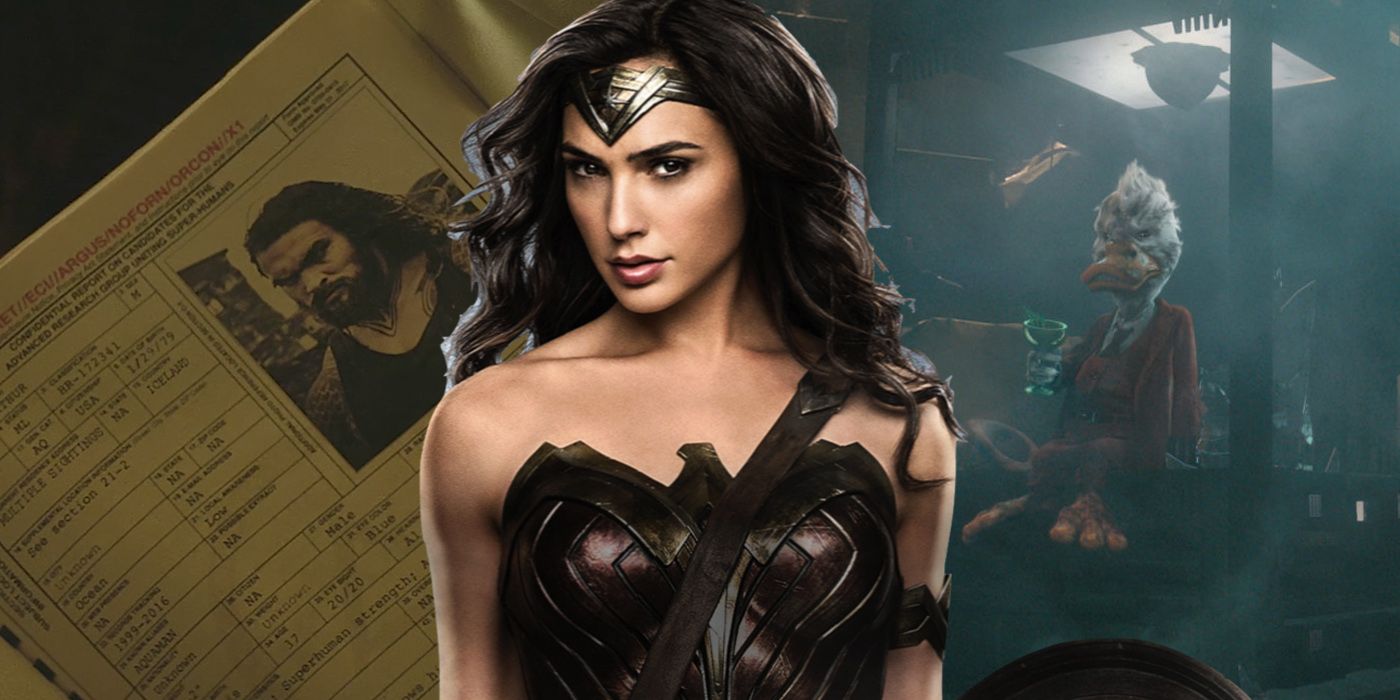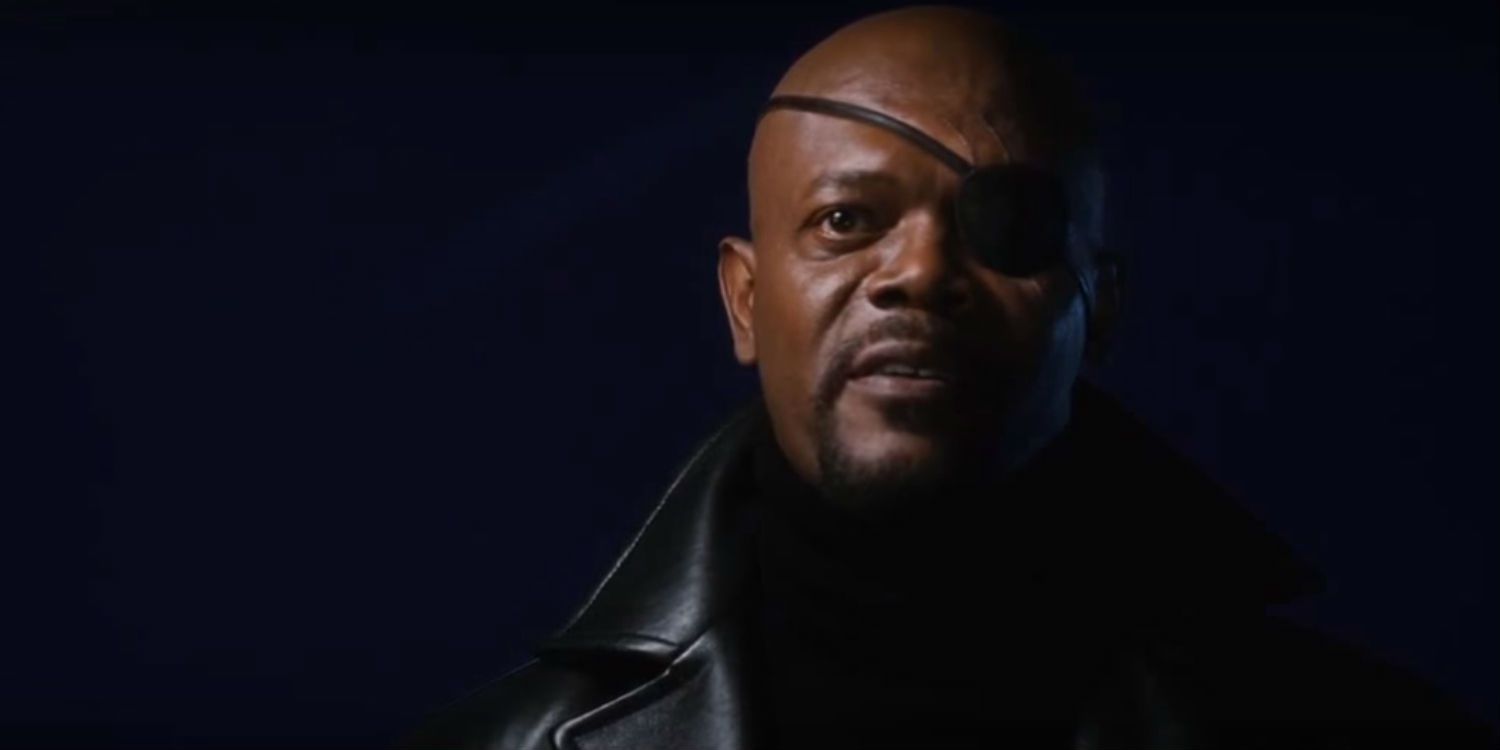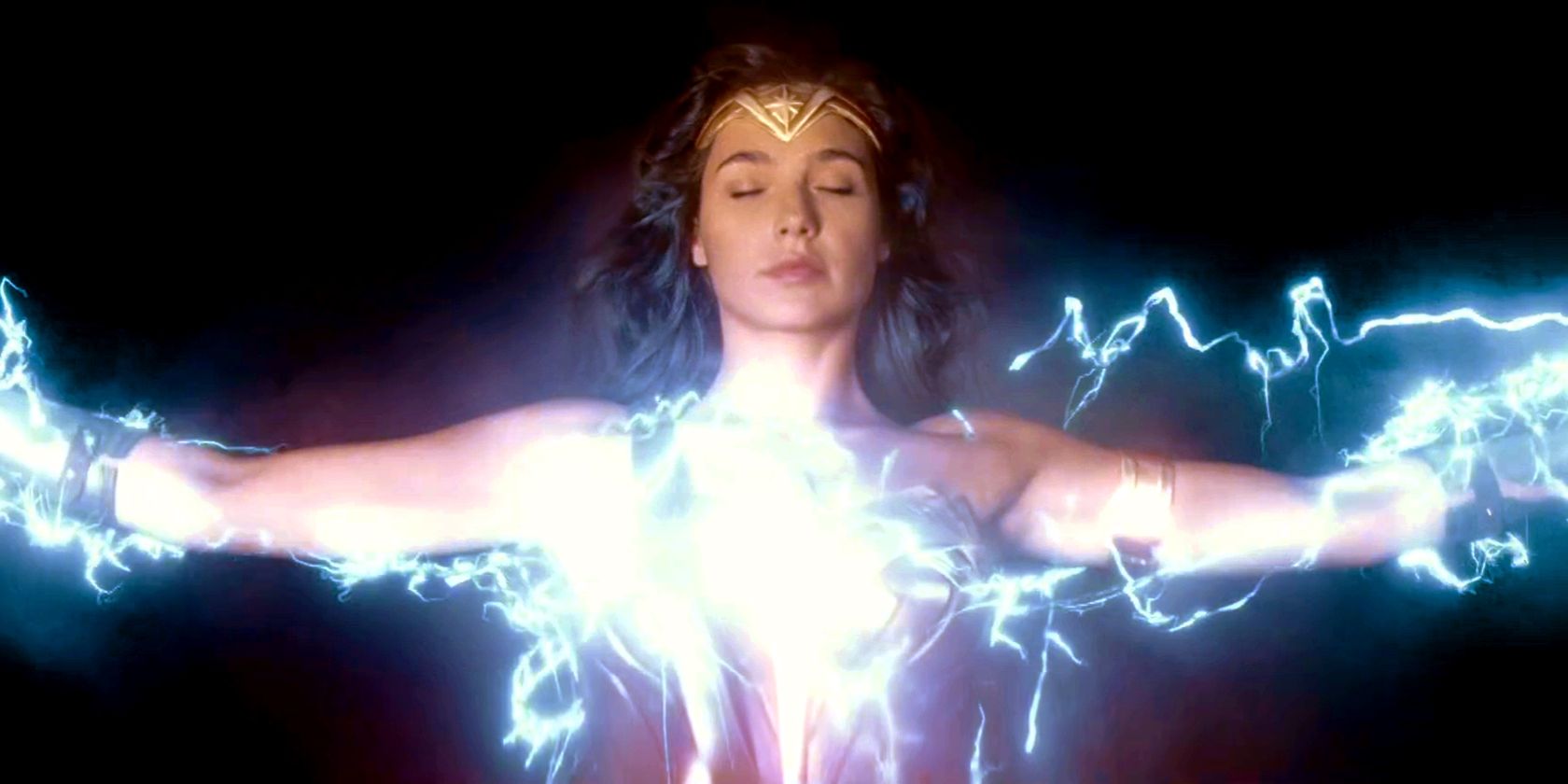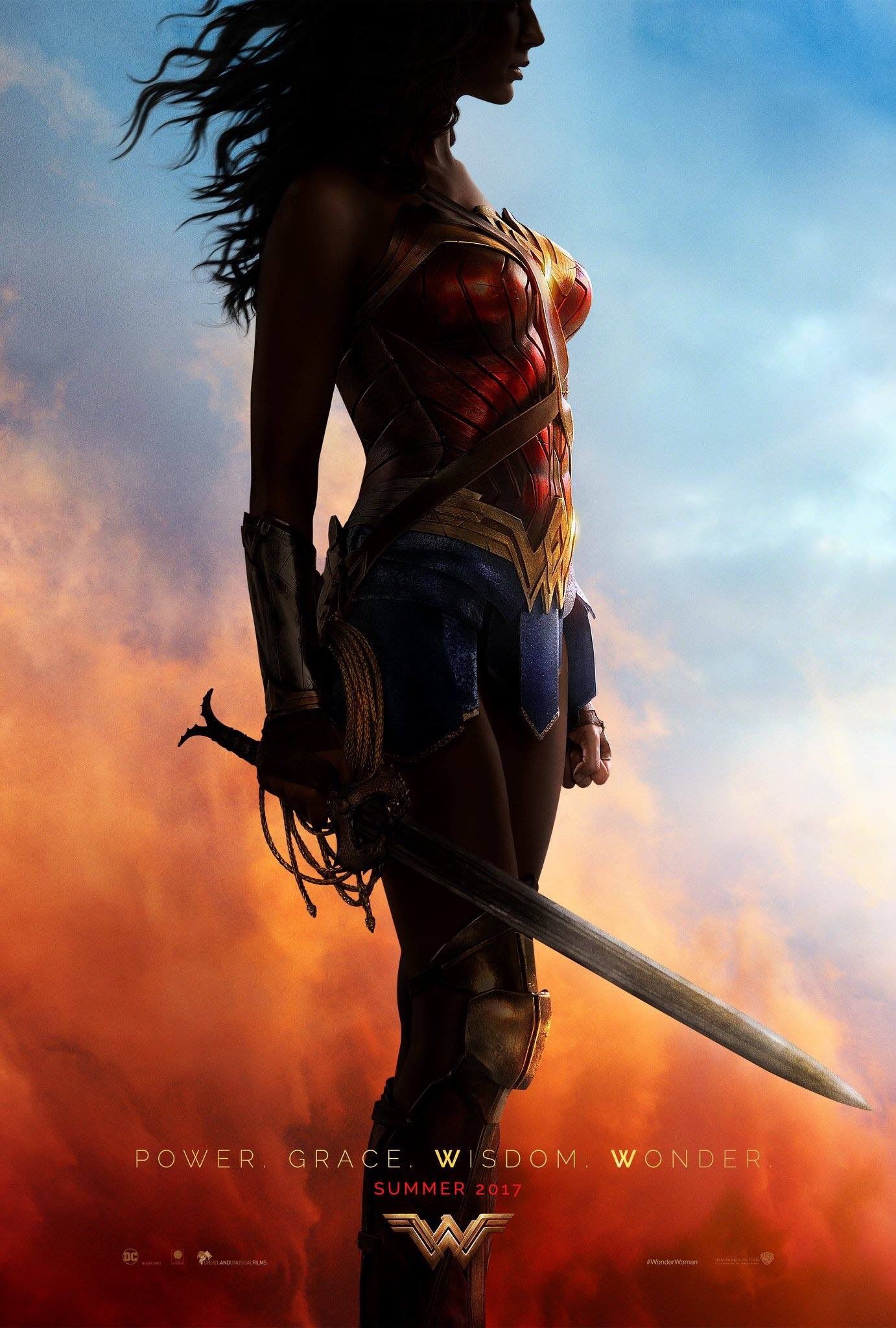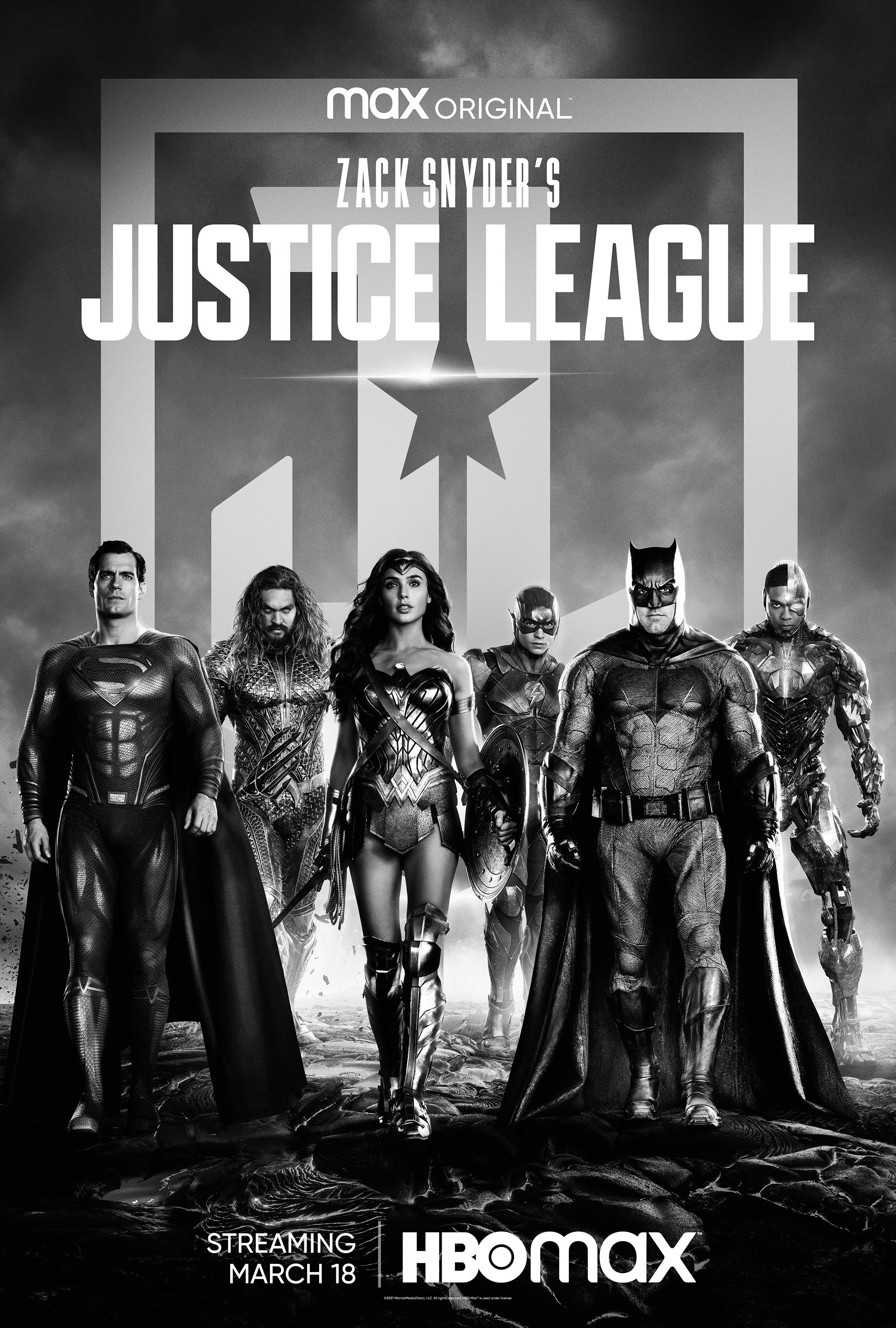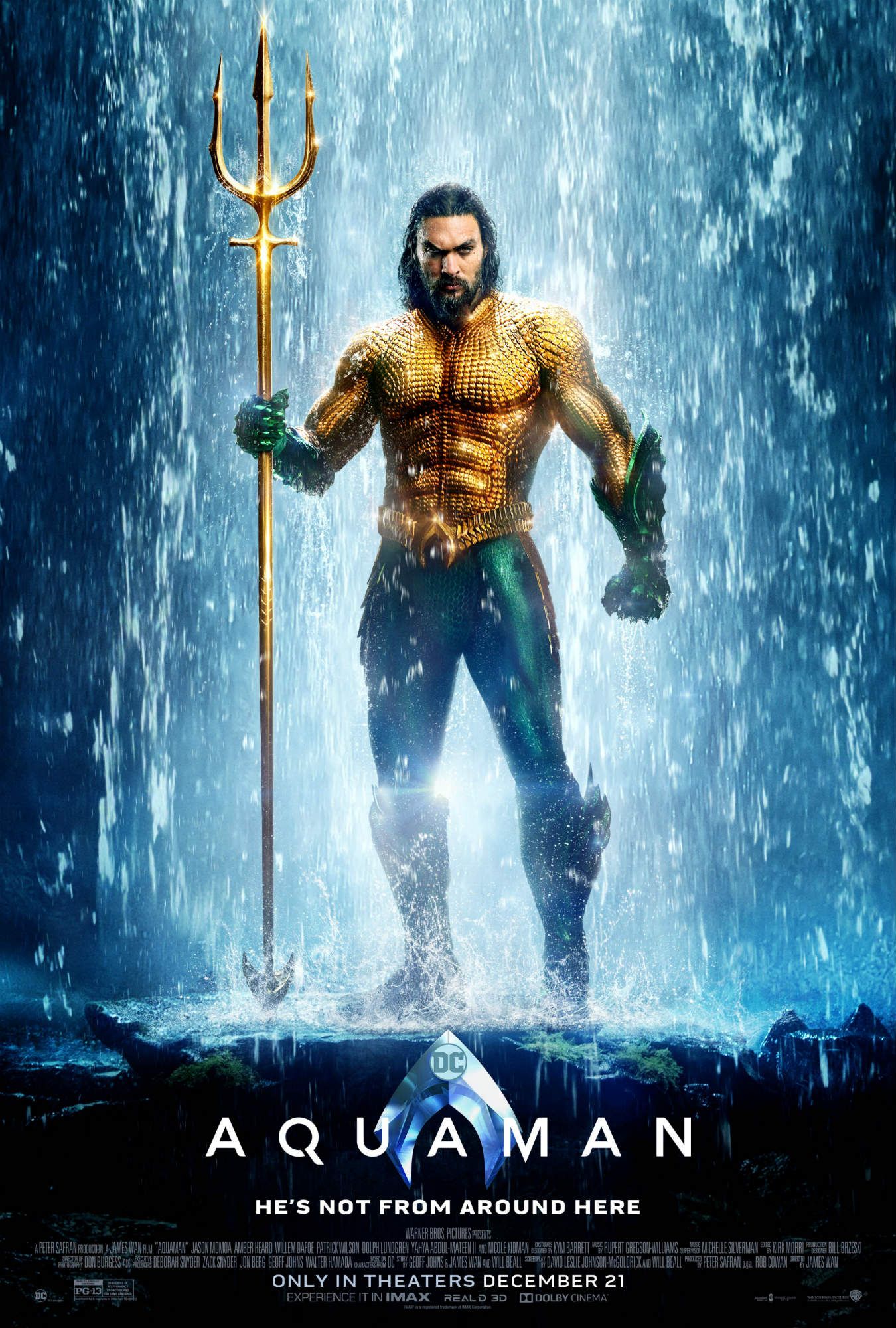The DC Extended Universe appears to be avoiding that most dependable of superhero tropes, the post-credits scene, but is it really the best route to be taking? Many people over Wonder Woman's blockbusting opening weekend are going to find themselves sticking around in the cinema after the film ends and wind up roundly disappointed (unless they're fans of Sia and made-for-movie pop hits); there's nothing but the usual studio logos and the requisite animal welfare disclaimer (without even a funny play on the movie a la Guardians of the Galaxy Vol. 2).
Of course, we did know this going in; producer Charles Roven said weeks ago that the film wouldn't have a post-credit scene. And neither of the other two Justice League films - Man of Steel and Batman v Superman: Dawn of Justice - had such a tease wither. The only precedent in the franchise is Suicide Squad's Amanda Waller-Bruce Wayne showdown, and that was a film so confusingly edited it felt like an obligatory choice. All evidence considered, it seems that Warner Bros. are shunning stingers. But why?
Why Aren't The DCEU Using Post-Credits Scenes?
Literally the only logical reason for the fact one out of four films have done this is a move to distinguish the DCEU from Marvel. While post-credits scenes have been around since the 1980s and a blockbuster go-to since the turn of the millennium, it was Nick Fury walking out of the shadows of Tony Stark's Malibu pad to tease the Avenger initiative, and the behemoth that subsequently begat, which clued Hollywood into their narrative and franchise-building potential. Nine years on, it's undeniably an MCU trait, so to not include them is a subtle but essential form of differentiation.
Ever since it became clear the mostly isolated Man of Steel was being used as a jumping board to a bigger universe - Batman v Superman was announced just over a year after The Avengers changed the game - negative comparisons have dogged DC. After all, while they've been planning to have heroes share the screen for decades (and the whole idea of a crossover event is more prominent with the publisher in print), the notion of realizing it with a sprawling shared universe is undeniably influenced by what Marvel achieved with Phase 1 and specifically that first team-up. As a result of the accusations of copying, they've made several key changes to the formula - the tone is moodier and we're getting Justice League team-ups before spinning off into the conventional standalones - but these have only created more criticism; when the DCEU finds itself on the wrong side of fresh, the problem is then being needlessly different. It's a damned if you do and damned if you don't situation, but based on complaints the latter is much more fiery. As post-credits scenes aren't as ingrained as multi-film narrative structure, though, the hope with avoiding them seems to be they'll eschew those criticisms and help create a unique franchise language.
But that's just an explanation, not necessarily a good or even reasonable one. You can argue that stings are superficial to a great movie and to overly lean on them tries to add a trailer-esque thrill to an incomplete experience (and you'd be to some degree right) but even that feels more like an excuse; being cynical, if we want movies to truly stand on their own yet still have that forward thinking angle so prevalent nowadays (and something definitely driving DC, which has a multitude of projects in development), then post-credits scenes (rather than the main narrative stealth-selling a series' next five entries) are a good way to balance a filmmaker's singular vision and studio long-term planning.
Next Page: [valnet-url-page page=2 paginated=0 text='How%20The%20DCEU%20Should%20Use%20Post-Credits%20Scenes']
How The DCEU Should Use Post-Credits Scenes
To be clear, there are several types of post-credits scenes. You have direct teases of a franchise's future - now the most famous - but also background plot resolution (think Thor's return to Earth at the end of Thor: The Dark World) and final jokes (more common in comedies but still prevalent in blockbusters, especially Pirates of the Caribbean and the MCU). What we're saying the DCEU should engage with is the former, at least in part, and not necessarily in an exclusively binding deal.
Indeed, there's a false rigidity to how post-credits scenes are viewed by the majority of commentators; as their critics have it, with every superhero film you sit through the ever-growing lists of VFX names, get a glimpse of a new character and the internet spends the next few years speculating. But it's not that simple. There's a science to giving audiences that thrill. Even within the MCU, which will always have a stinger, that varies; Kevin Feige and co. evidently carefully tailor the tease to the tone and characters of the previous two hours (even altering their number and positioning). Few films will ever come around with as knockabout a tone as Guardians 2 that makes five-post post-credits stingers (and a bunch of other easter eggs besides) feel worthwhile, and likewise Avengers: Age of Ultron's brief Thanos mid-credits tease was just what Joss Whedon's already future-minded movie needed. Done right, they complete the experience and frame it within the universe. Other times they're not necessary, perhaps most effectively seen recently with Logan; nothing extra could have improved the already perfect ending.
It's also worth remembering that "forward thinking" can come in other forms, meaning even more films don't actually need a credits scene. Think how X-Men 2 had a sly tease of the Phoenix following Jean's death or, going to DC, Batman Begins used its final musing on escalation, a cautionary coda on Bruce's movie-long mission, to introduce the Joker's calling card. This has become less prominent following the proliferation of post-movie teases but those examples show its strength (that Joker card is better than pretty much every after-credits scene ever).
Batman v Superman, for all its flaws, is a fair contemporary example of this. When taken in its Ultimate Edition version, everything you could possibly want in terms of establishing the next set of movies is there and, given it runs three hours (and isn't very good), you're not wanting more. There's plenty of sting potential - (deep breath) Bruce's Knightmare, the Quicktime Justice League files, Lex Luthor seeing Steppenwolf, Lex Luthor warning Bruce about Darkseid, the dirt rising on Superman's coffin - but they've all slotted into the movie so anything more would be overkill.
Conversely, Wonder Woman feels like it's missing one. Patty Jenkins' film is a truly standalone adventure where the main link to the wider DCEU is simply that it features a character introduced in BvS; we get an extension of that film's photo mystery, but in terms of advancing the plot ahead of Justice League it doesn't care. In the movie this is definitely a positive, avoiding links to those reviled films and allowing Gal Gadot to stand on her own, but the lack of stinger doesn't allow the film to transfer the goodwill it's built up into excitement for the more questionable Justice League. Bruce turning up in Paris or a tease of Themyscira's Mother Box would, assuming they didn't clash with the story of Zack Snyder's movie itself, have been effective ways to expand the scope.
That Suicide Squad had one does suggest DC are open to including these moments, but future use requires them recognizing its failure was execution and concept rather than form. It's a "how not to do" guide, with Bruce getting the metahuman files contradicting what we'd seen in Batman v Superman, confusing in the movie itself (why was Enchantress included?) and altogether unnecessary in terms of the Task Force X section of the universe. The weird tone of the movie totally befitted something after the Joker breaks Harley out of jail, but not that specific conversation.
-
When it comes to crafting a cohesive shared universe, post-credits scenes are a tertiary concern to making good standalone movies and ensuring the world is well-built. However, Warner Bros. are remiss to not take advantage of them all the same. They've found their first true success with Wonder Woman and to not have a way to signal to audiences in the cinema this is a new beginning is a major oversight. Not every film needs one, but neither should the alternative be so binary. Forget about worrying over copying Marvel and embrace the trend.

